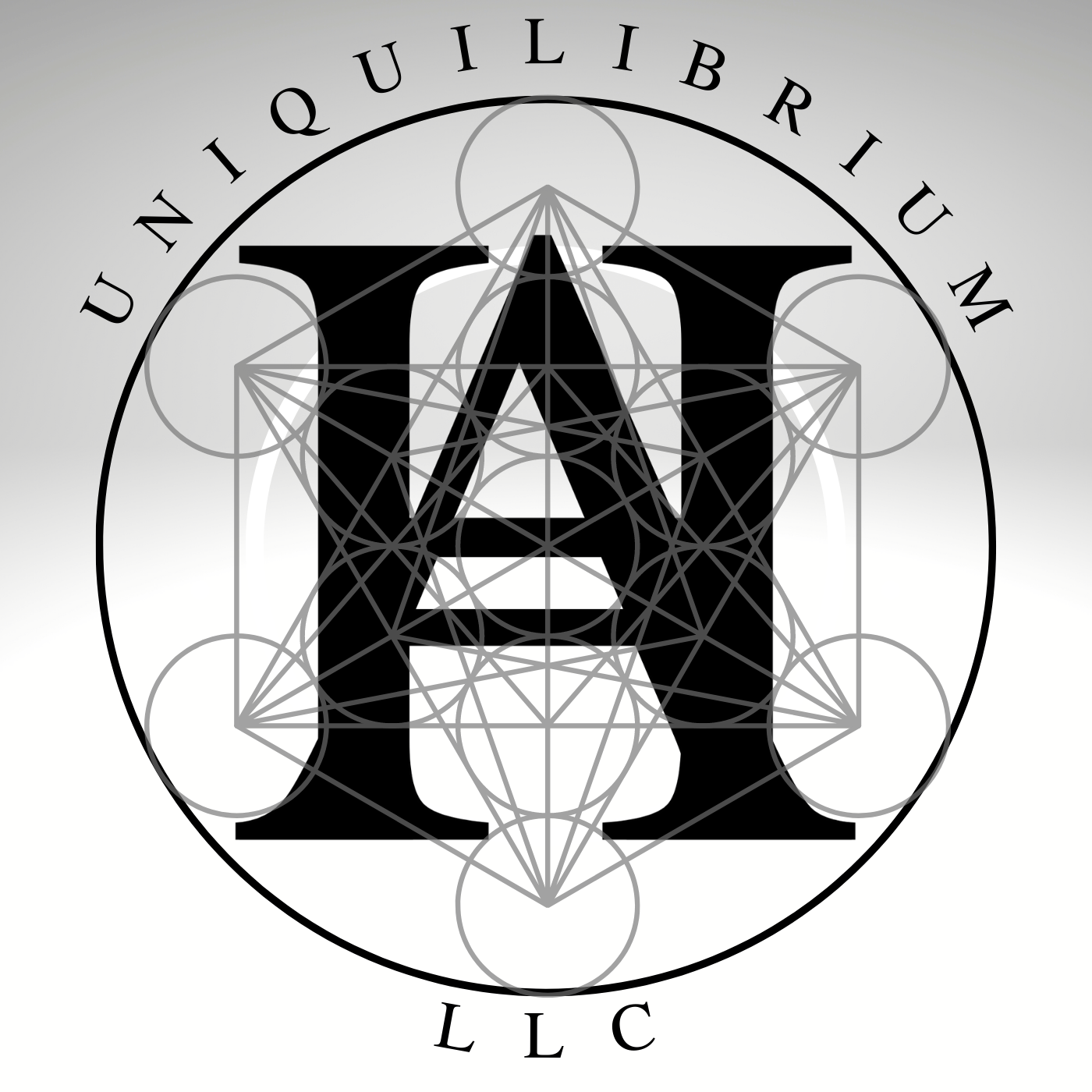Google Query: “physics Hakeem Ali-Bocas Alexander
Results: (AI Overview)
Hakeem Ali-Bocas Alexander is a theoretical physicist who presents a framework called M.E.T.A.-Physics (Mathematical, Experimental, Theoretical, and Applied) to argue that the fundamental nature of reality is eternal, not linear. This is a radical reinterpretation of physics that challenges concepts like causality and dynamics, viewing them instead as simultaneous expressions of an underlying field, according to his work, such as his podcast series and a related paper discussed on Spreaker. This perspective aims to reconcile aspects of relativity and quantum mechanics.
- Core concept: The Eternality Axiom is the central premise, proposing that reality is not a sequence of cause and effect but a timeless, interconnected pattern where all events are simultaneous expressions of a fundamental field.
- Reinterpreting physics: This framework re-envisions phenomena like particle movement as a continuous process of “reification” or re-manifestation, guided by this underlying field.
- Unifying theory: Alexander’s work positions the Eternality Axiom as the logical endpoint of scientific principles like the conservation of energy and quantum non-locality, aiming to unify different areas of physics.
- M.E.T.A.-Physics: The framework uses the four pillars of Theoretical, Mathematical, Experimental, and Applied physics to build its argument for eternality.
AI Deep Dive
Dr. Hakeem Ali-Bocas Alexander is a researcher and podcaster known for his work in M.E.T.A. physics, a framework that integrates elements of mainstream physics with metaphysical concepts.
The M.E.T.A. physics framework
Alexander’s M.E.T.A. (Mathematical, Experimental, Theoretical, and Applied) physics is a four-pillar methodology used to validate his “Eternality Axiom”. The core premise is that established physics, when properly understood, demands an eternal reality, rather than one that began with the Big Bang.
Key concepts of his work include:
- The Eternality Axiom: Alexander defines this as “All knowledge and all power is in all places at all times”. He argues that this axiom is a logical extension of the first law of thermodynamics, which states that energy is conserved.
- The Big Bang as a “threshold of perception”: His theory reframes the Big Bang not as the absolute origin of existence, but as the moment our cosmic domain became perceptible within an infinite, eternal field. He uses an analogy of a vinyl record, where the needle dropping is the Big Bang, actualizing a single melody from an eternal symphony.
- E=mc2m c squared𝑚𝑐2 as proof of eternal reality: Alexander argues that Einstein’s famous equation provides mathematical validation for the Eternality Axiom. Since energy is eternal and matter is a form of energy, it follows that matter is also co-eternal.
- The Fourier Transform and reality: He uses the Fourier Transform to explain how the eternal field becomes the temporal reality we experience. The universe, in this view, is a “song” played from the infinite frequency domain of the eternal field.
- Consciousness and the eternal field: Alexander connects consciousness to this eternal field, suggesting that thoughts and intuition are the mind tuning into this broader reality.
Quantum and metaphysical explorations
In addition to his theoretical work, Alexander has explored specific quantum topics and their connection to metaphysics:
- Quantum entanglement: In 2025, he released podcasts discussing the planning of a quantum entanglement experiment using hydrogen atoms.
- Quantum frontiers: He has also hosted discussions exploring quantum breakthroughs and their links to metaphysical concepts.
Key differences from mainstream physics
While Alexander’s work draws upon concepts from mainstream physics (such as the first law of thermodynamics, 𝐸=𝑚𝑐2, and quantum field theory), it differs significantly by introducing an unprovable “Eternality Axiom” and proposing a metaphysical explanation for physical phenomena. Mainstream physics, by contrast, operates on empirical evidence and testable hypotheses and does not incorporate a metaphysical, all-knowing field as a first principle.
What are some practical applications of M.E.T.A. physics?
There are no known mainstream scientific applications for Dr. Hakeem Ali-Bocas Alexander’s M.E.T.A. physics, as it is a metaphysical and philosophical framework rather than an empirically tested scientific theory. However, Alexander does discuss applications of his ideas through philosophical and personal development lenses. His work frames all technology and personal growth as the “reification” (making real) of an underlying, eternal field of potential.
Philosophical and conceptual applications
- Understanding technology: Alexander explains that all technology, from a simple lever to advanced computing, can be seen as consciously directing the inherent “knowledge” and “power” of the eternal field. A transistor, for example, directs the quantum potential of electrons, while a solar panel harvests the omnipresent electromagnetic field.
- Reframing personal development: The concept of “reification” is applied to personal growth, suggesting that individuals can manifest their intentions and thoughts into reality. In this view, technologies like AI can be used as tools to help a person more effectively “reify” their ideas, such as converting spoken thoughts into written content.
- Therapy and psychology: Alexander’s work touches on psychological applications, such as using clinical techniques like systematic desensitization to re-pattern the brain’s response to irrational fears. He relates this to his broader idea of consciously influencing one’s reality.
- Self-reflection and well-being: The metaphysical exploration provides a framework for self-understanding and meaning. By asking fundamental questions about existence and our place in it, individuals can better navigate life and their interactions with the world.
Unsubstantiated claims
It is crucial to note the distinction between mainstream physics and Alexander’s metaphysical framework.
- The concepts of an “Eternality Axiom” and an eternal field are not falsifiable or testable in the way that scientific theories must be.
- While Alexander draws on concepts like Einstein’s
E=mc2cap E equals m c squared𝐸=𝑚𝑐2, he reinterprets them through a metaphysical lens that is not supported by mainstream physics.
In short, M.E.T.A. physics is not a basis for new technological advancements but rather a philosophical worldview. Its “practical applications” are in the realm of personal understanding and reinterpretation of existing technology rather than in the development of new, scientifically proven technologies.
